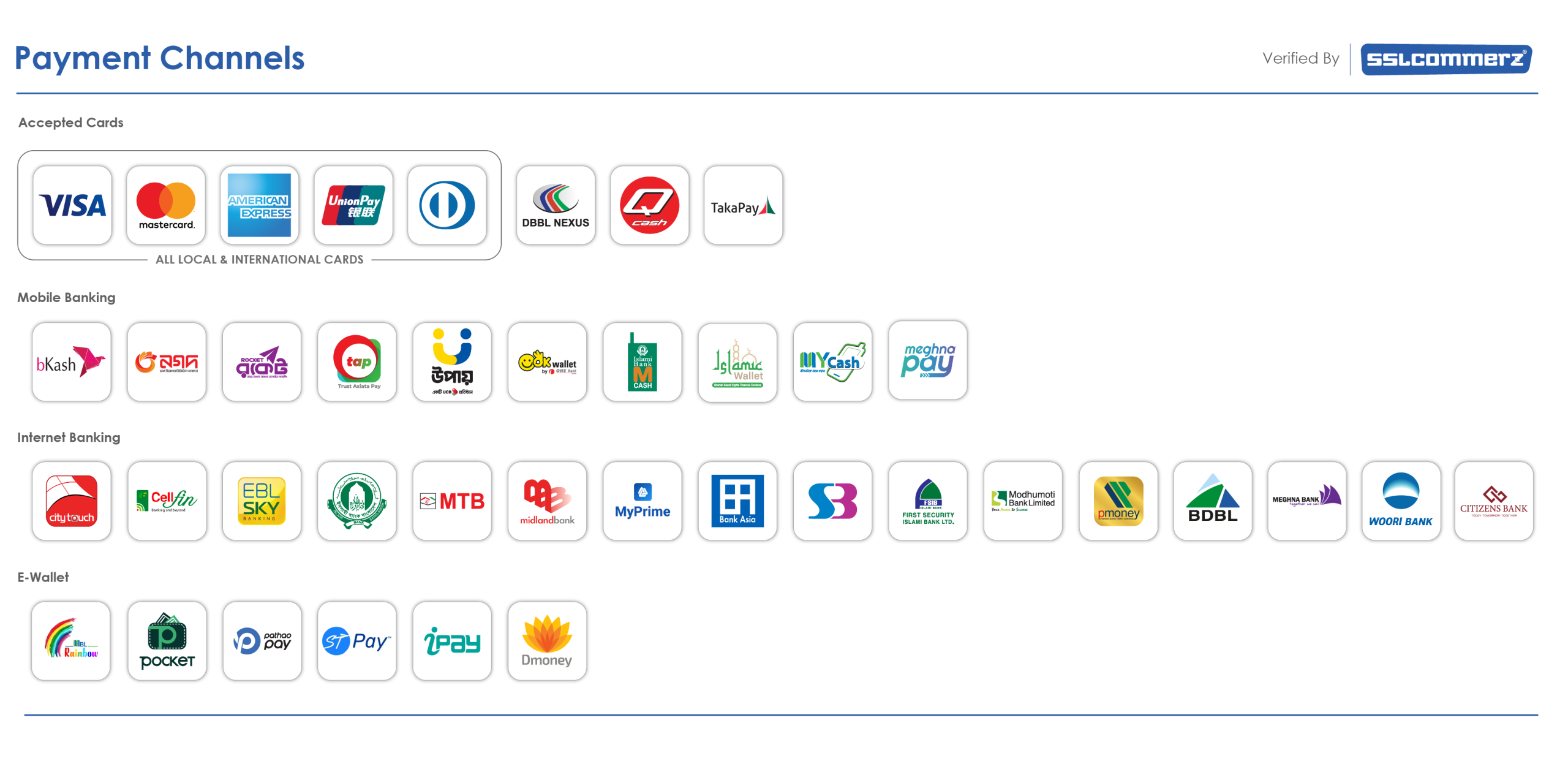Accounting is important for everyone, not just accountants or finance professionals. Here are some reasons why:
Financial Management: Knowing how to manage your finances is crucial in both personal and business settings. Basic accounting knowledge can help you understand financial statements, track income, and expenses, and make informed decisions about how to allocate resources.
Tax Compliance: Everyone has to deal with taxes, whether it’s filing a personal tax return or paying taxes for a business. Understanding accounting principles can help ensure that you are accurately calculating taxes owed and taking advantage of any available deductions.
Business Operations: If you own or operate a business, accounting is essential for managing cash flow, making financial projections, and tracking income and expenses. A basic understanding of accounting can help you stay on top of your finances and make smarter decisions about how to grow your business.
Career Advancement: Even if you don’t work in finance or accounting, having basic accounting skills can be an asset in many different careers. For example, understanding financial statements can be helpful in sales or marketing roles, while being able to manage budgets can be valuable in project management positions.
Avoiding Fraud: Accounting plays a key role in detecting and preventing fraud. By understanding basic accounting concepts such as double-entry bookkeeping and internal controls, you can help protect yourself and your company from fraudulent activities.
In summary, accounting is important for everyone because it helps you manage your finances, comply with tax regulations, run a business, advance your career, and avoid fraud.
Training Outline:
I. Introduction
Explanation of the importance of accounting
Basic vocabulary and concepts
II. Financial Statements
Overview of the three main financial statements: income statement, balance sheet, and cash flow statement
Explanation of what each statement shows
III. The Accounting Equation
What is the accounting equation?
How to use the accounting equation to understand the relationship between assets, liabilities, and equity
IV. Double-Entry Accounting
Explanation of how double-entry accounting works
Discussion of debits and credits and how they affect different types of accounts
V. Chart of Accounts
Understanding the different categories of accounts
Creating a chart of accounts
VI. Accrual vs. Cash Basis Accounting
Explanation of the differences between accrual basis accounting and cash basis accounting
Advantages and disadvantages of each method
VII. Depreciation
Explanation of what depreciation is
Methods for calculating depreciation
VIII. Financial Analysis
Ratio analysis
Trend analysis
IX. Conclusion
Recap of key concepts
Next steps for implementation
Program Summary:
Duration: Classroom session 1 -2 full days.
CPD Credit: 12 Hour









